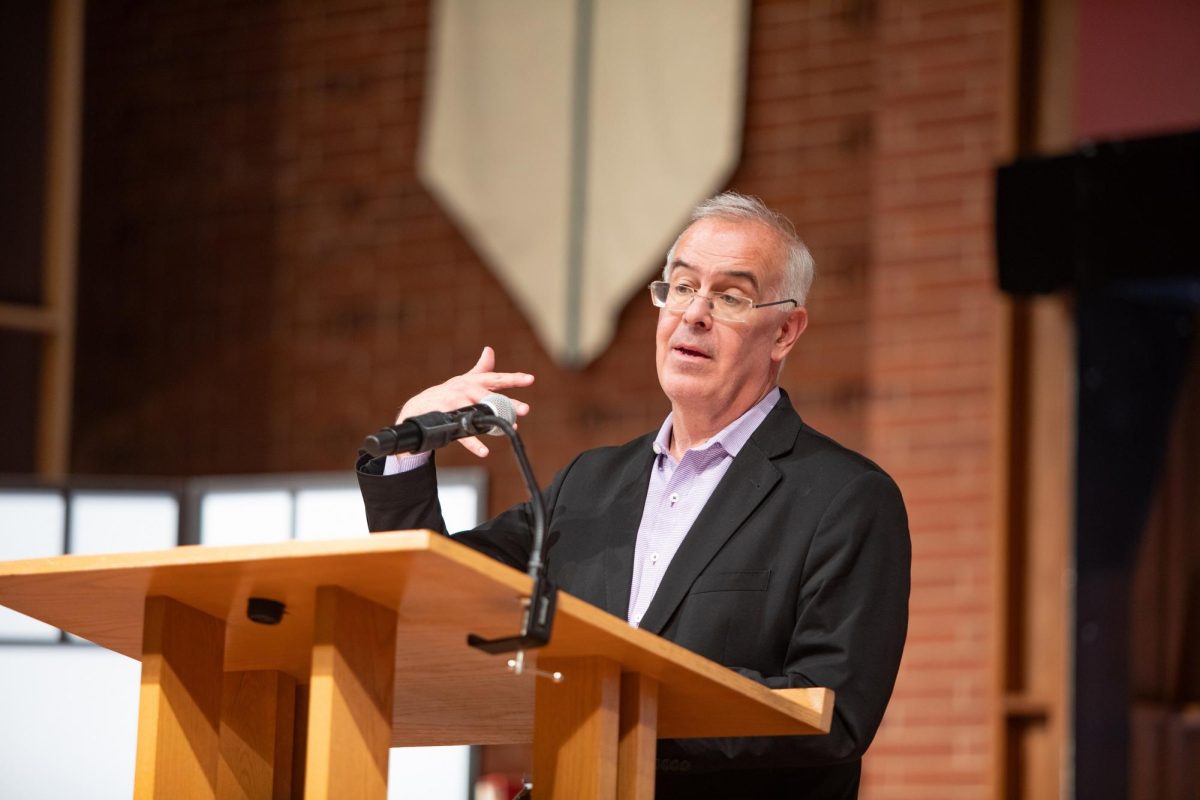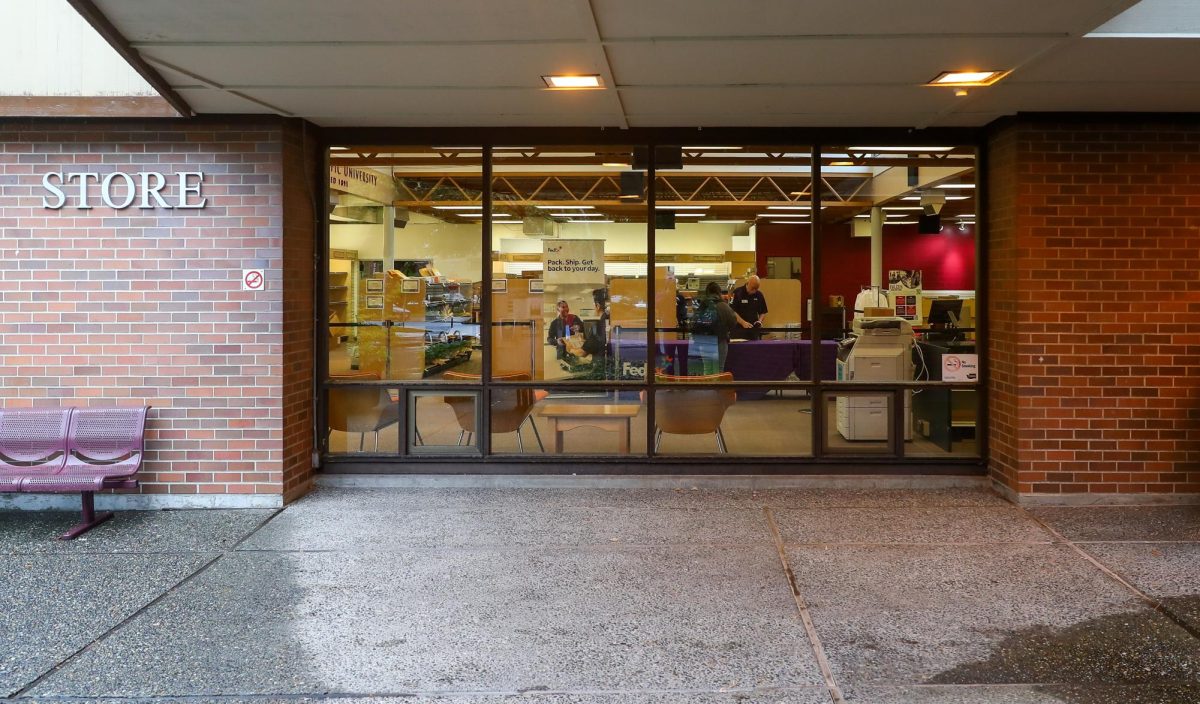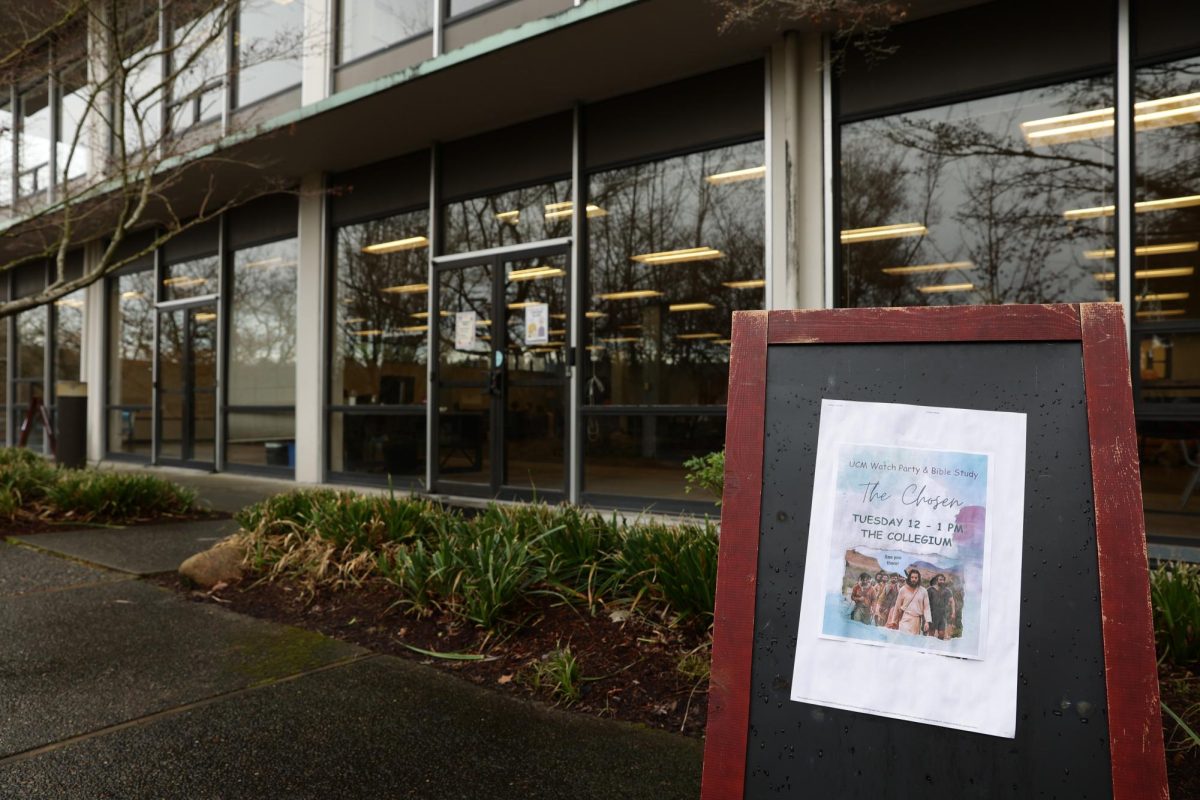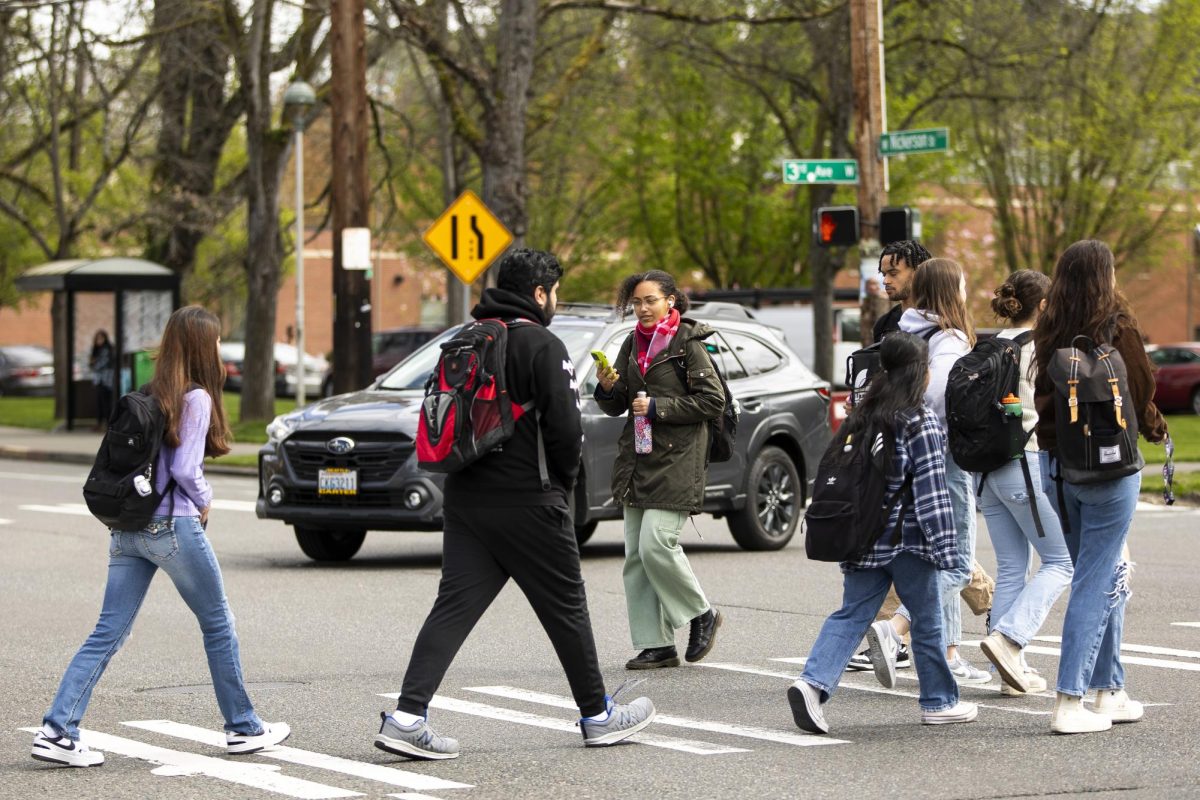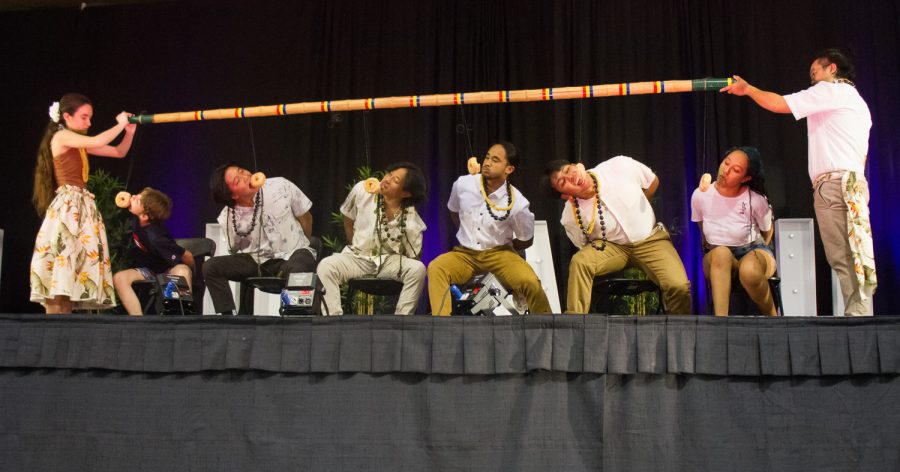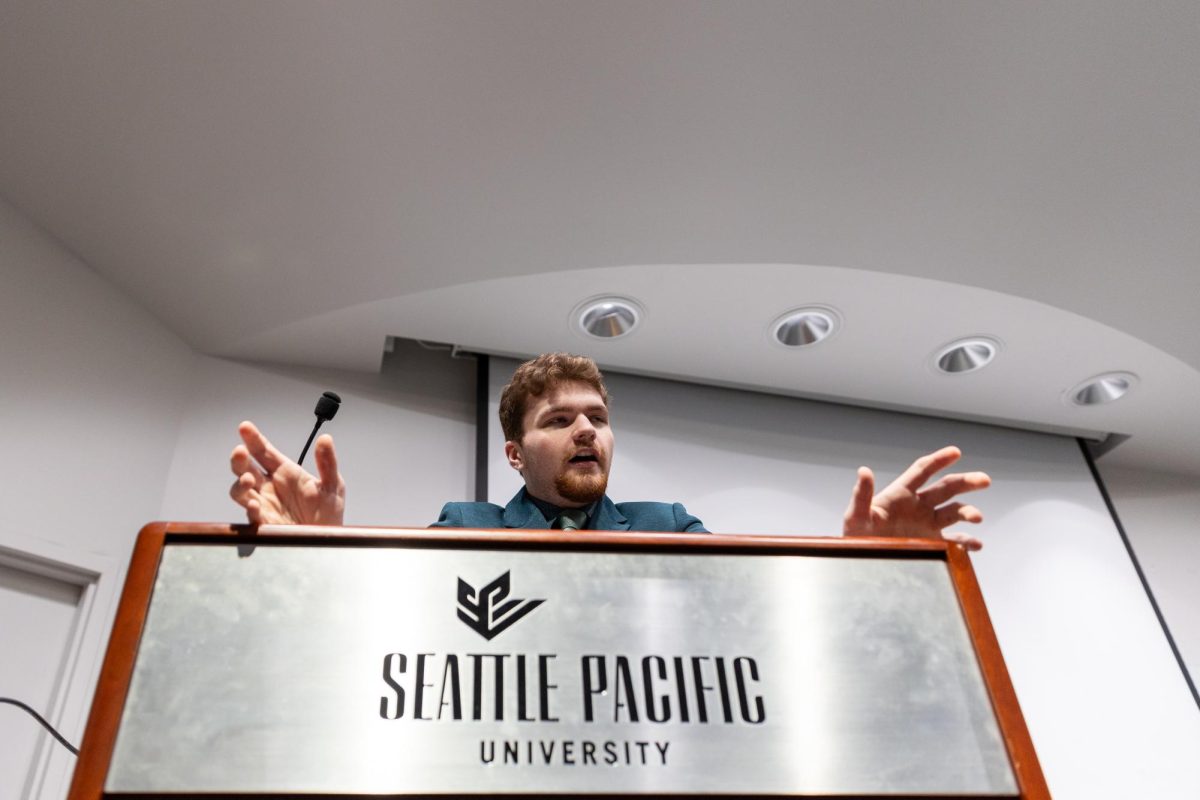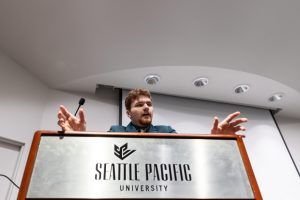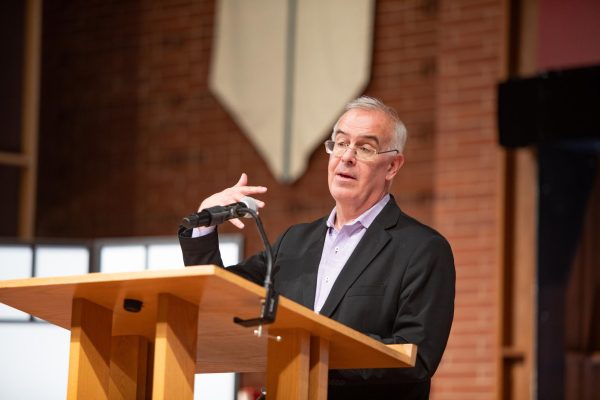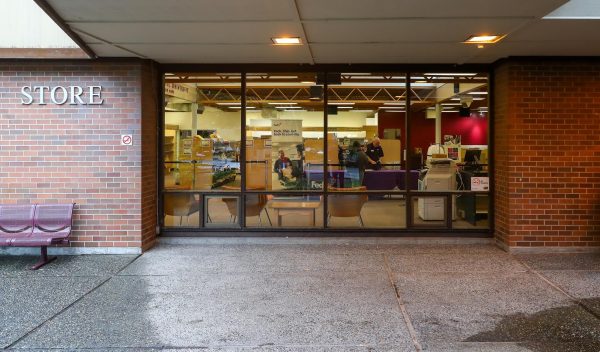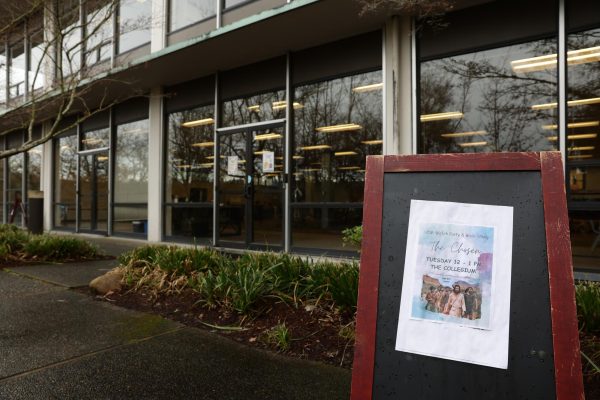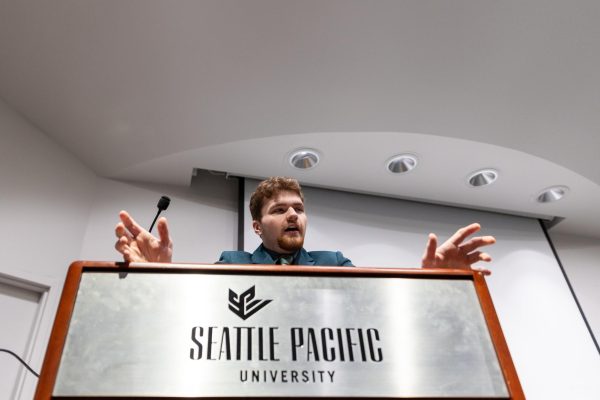Editorial: DeVos tries to defund Mid-East studies, highlighting prejudices
Dept. of Ed. calls foul despite its political biases
January 21, 2020
A grant of $235,000 can pay professors’ salaries, program materials and allows for more freedom of academic exploration if properly distributed to a department.
In September of 2019, the United States Department of Education wrote a letter to a Middle-Eastern studies program run jointly by Duke University and the University of North Carolina. Betsy DeVos, Secretary of Education, threatened to withhold almost a quarter of one million dollars funding under federal Title VI. DeVos’s stance makes it clear that the current federal administration wants higher education to look at the Middle East as a collective, foreign agent — diplomatically, militarily, commercially — and only appreciating the Middle East’s rich culture as a means of trying to control it.
Robert King, the U.S. Assistant Secretary for Postsecondary Education, sent a letter decrying the use of federal Title VI funds for conferences held by the Middle-Eastern studies program. Under Title VI, no university that discriminates on the basis of sex, race or ethnicity will receive federal funding.
Title VI was passed in 1964 as a response to the Civil Rights movement that will withhold federal funding from any public institution.
King cited this legislation in his letter, published in the Federal Register. According to King and the Department of Education, the program had a “lack of balance” concerning the depiction of Christianity and Judaism within the region while giving more attention to issues pertaining to Islam. The State Department reports that 94% of Middle-Eastern nations are made up of Muslims. King also claimed that the courses being taught in the program were of no value to the development of foreign policy relations
There should be concern around any imbalance in academia. The federal administration’s biases, however, are clear and obvious.
For example, President Trump signed Executive Order 13769 in 2017, barring entry to the United States, suspending the Refugee Admissions Program and restricting the admission of citizens from seven Near Eastern countries — all having a significant Muslim population, if not a predominantly Muslim one.
Later that year in December, President Trump recognized the city of Jerusalem as the capital of the state of Israel, despite Israel holding the city in tandem with longtime rival Palestine. Although not required, this decision came without approval from both Congress and the international community. The United Nations Security Council voted almost unanimously — 14 to 15 — to condemn the United States’ declaration, but the U.S. vetoed the resolution.
Middle-Eastern studies programs, like Seattle Pacific University’s, should have the autonomy and support to explore cultures and experiences that reach far beyond ones in the United States. For decades, the U.S. has perpetuated the idea that the Middle-East is a region that is definitively against America’s values; it is a place that is an agent of a collective agenda against “us.”
The Middle-East is a place where a multitude of cultures have had to put up with generations of suffering and trauma as a result of racial and economic repression. To study these countries with a serious, balanced perspective is to begin reconciling a centuries-long cultural divide; accordingly, the Department of Education should continue to fund programs like ones featured at UNC or Duke University.


